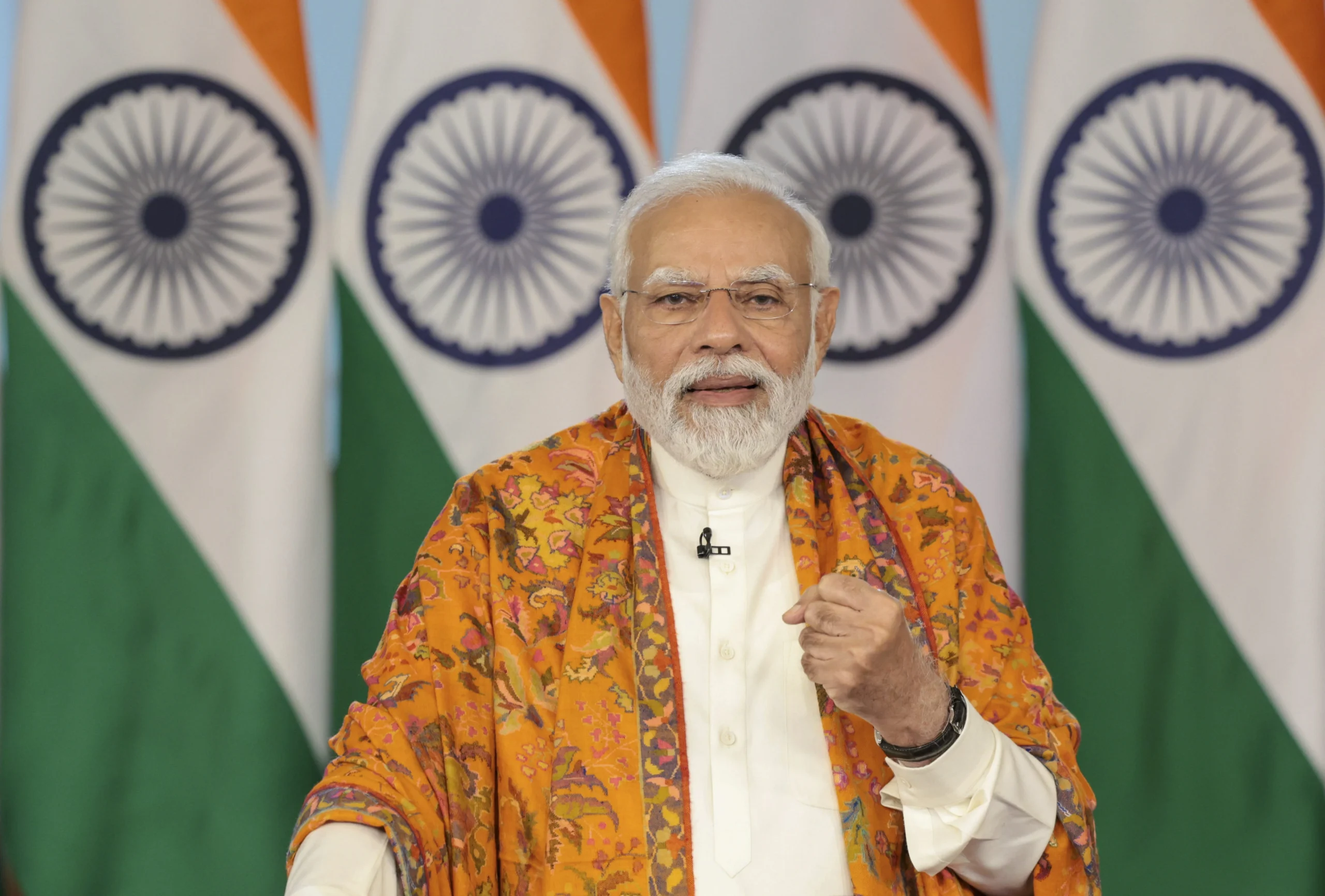India, with its population exceeding 1.3 billion people, boasts the second largest electoral body worldwide, following only China. Since the inaugural general election held in 1951, India has witnessed a steady rise in voter turnout, a testament to the maturity and strength of its democratic institutions. According to the Election Commission of India, the total number of registered voters reached approximately 900 million in 2019, representing a 71% turnout rate. As India gears up for the 2024 general elections, projections by the Election Commission indicate a landmark moment in the nation’s electoral history. With an expected eligible voter count of nearly 1 billion, this election is poised to witness the highest voter turnout ever recorded since India’s independence. This surge in voter registration is a clear indicator of the increasing awareness and engagement of Indians in the democratic process. Looking back at past elections, the trajectory of voter turnout paints a compelling picture of India’s evolving democratic landscape. From the modest turnout rates of the early 1950s to the substantial participation witnessed in recent years, India’s electorate has consistently displayed a growing commitment to exercising their franchise. Several factors contribute to the anticipation of a record number of voters in the upcoming 2024 general election. Firstly, the addition of over 90 million new voters, particularly among the younger demographic, reflects the country’s expanding population and the growing interest of the youth in shaping the nation’s future. Additionally, the increasing participation of women voters, coupled with the enthusiasm of young voters who came of age during the transformative political climate of recent years, is expected to drive voter turnout to unprecedented levels. Furthermore, heightened political engagement fueled by debates surrounding economic policies, social welfare programs, and international relations has captured the attention of citizens across the country.


The Election Commission’s innovative communication strategies, including targeted campaigns and technological advancements like remote voting proposals, have further encouraged voter participation. Crucial to the electoral process is the implementation of electronic voting cards, which has streamlined voter registration and identification at polling stations. Initiatives like the National Voters’ Education and Electoral Participation Program (NVEP) have played a vital role in raising public awareness about the significance of participating in the democratic process. Moreover, online platforms developed by the Election Commission allow voters to check their registration status, apply for duplicate voter identity cards, and address any grievances encountered during the voting process. These user-friendly digital tools have made participation more accessible and convenient for citizens. While the impact of elections on the Indian economy is subject to debate, historical analyses suggest that electoral outcomes can influence short-term market volatility and investor sentiment. However, the long-term economic trajectory is contingent on the implementation of robust economic reforms and policies by the ruling government. As India stands on the cusp of yet another historic electoral event, the nation’s commitment to democracy and civic participation shines through. With an unprecedented number of voters expected to exercise their rights in the 2024 elections, India reaffirms its status as the world’s largest democracy.


